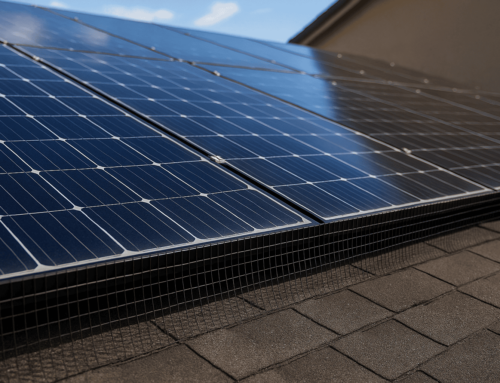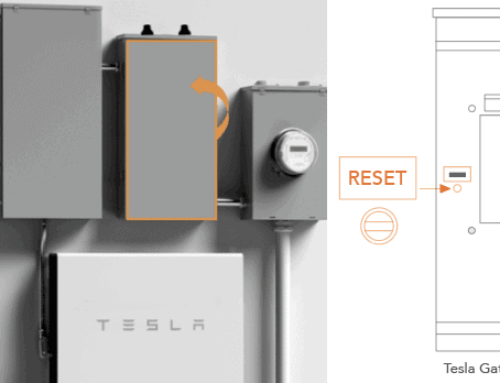As Florida homeowners increasingly seek energy independence, battery backup systems have become essential components of modern solar installations. The two leading contenders, Tesla Powerwall and FranklinWH, each offer unique advantages for Florida’s specific climate and energy needs. As certified installers of both systems, we provide an unbiased comparison based on real Florida installation data.
Performance during Florida’s unique weather conditions sets these systems apart. Tesla Powerwall has proven its reliability through multiple hurricane seasons, maintaining power for homeowners when the grid fails. The FranklinWH system, while newer to the market, offers impressive humidity tolerance and thermal management specifically designed for tropical climates.
Capacity and power output tell an interesting story. The Powerwall provides 13.5 kWh of usable energy with 5.8 kW of continuous power output. FranklinWH’s base configuration delivers 13.6kWh with 5kW continuous output but offers more flexible expansion options. For Florida homes, both systems typically provide 1-2 days of backup power for essential loads.
Florida’s afternoon thunderstorms make rapid charging capability crucial. Tesla’s Powerwall can accept up to 7.6 kW of solar charging, while FranklinWH handles up to 6 kW per unit. Both systems efficiently capture excess solar production during Florida’s sunny mornings, ensuring full capacity before typical afternoon storms.
Smart features differentiate these systems in daily use. Tesla’s app provides industry-leading energy monitoring and storm tracking integration. FrankinWH counters with advanced load management and more customizable backup configurations. Both systems enable Time-of-Use optimization, helping homeowners maximize savings with Florida utilities’ varying rate structures.
Cost considerations favor different solutions depending on household needs. Tesla Powerwall typically costs less for single-unit installations, while FranklinWH becomes more competitive in larger multi-unit configurations. Installation costs remain similar, though FranklinWH’s modular design can reduce future expansion expenses.
Real Florida usage data reveals interesting patterns. During recent outages, Powerwall owners averaged 1.8 days of backup operation, while FranklinWH systems achieved similar durations with slightly higher air conditioning support. Both systems maintained over 90% reliability during summer peak demands.
Ready to declare energy independence? Schedule your battery consultation today!













